Enhanced Recovery Program
Enhanced Recovery Program
- Less pain after surgery.
- Less nausea and vomiting.
- Reduced medication side-effects or sedation.
- Patients being able to walk within hours after joint replacements.
- Less muscle weakness.
- Rapid and improved rate and quality of recovery.
- Reduced post surgical complications (e.g deep vein thrombosis, pulmonary embolism or infections).
- Avoidance of inpatient rehab.
- No urinary catheters.
- Discharged home after a single overnight stay in hospital.

The key elements in the Enhanced Recovery After Surgery (ERAS) pathway are:
Pre-Operative Care
- Pre-operative optimisation of health and medical condition.
- Optimised pre-operative nutrition.
- Pre-operative education.
- Pre-operative organisation of discharge arrangements.
- Pre-medication.
- Avoidance of prolonged preoperative fasting.
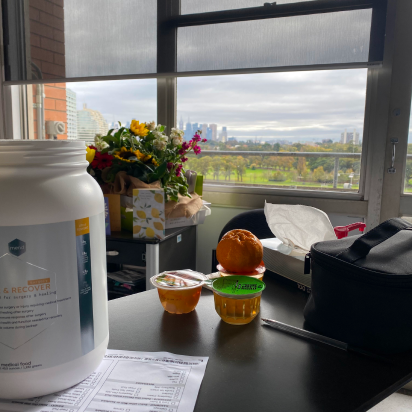
Perioperative Nutrition
Preoperative nutritional optimisation is an important aspect of ERAS protocols. It aims to enhance muscle mass and reduce inflammation so that the patient can enjoy a faster return to function after surgery.
In the weeks leading up to surgery we will advise you on dietary optimisation and nutritional supplementation to prepare your body for surgery and in the immediate lead up to surgery we will guide you on how to safely minimise fasting times before surgery.
This will help to reduce fatigue and nausea, reduce infection risk and ensure that you are ready to hit the ground running when you wake up from your surgery.
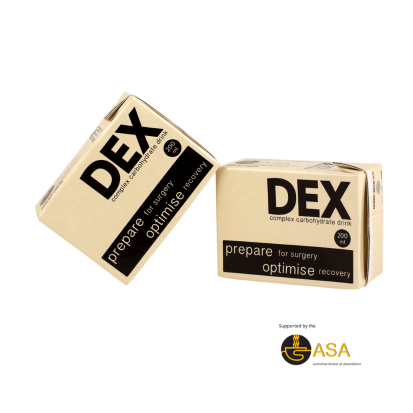
Intra-operative
- Minimally invasive surgical techniques to reduce surgical trauma to soft tissues.
- Optimised anaesthesia and pain relief protocols – usually regional and local anaesthetic techniques with light sedation.
- Promotion of normal blood circulation, temperature and oxygenation during surgery.
- Avoidance of drains, epidural catheters, and patient-controlled analgesia devices– these tether the patients to a bed and prevent mobility.
- Avoid systemic morphine use (to avoid drowsiness, sickness and nausea after surgery).
- Peri-operative analgesia with Local Infiltration Analgesia.
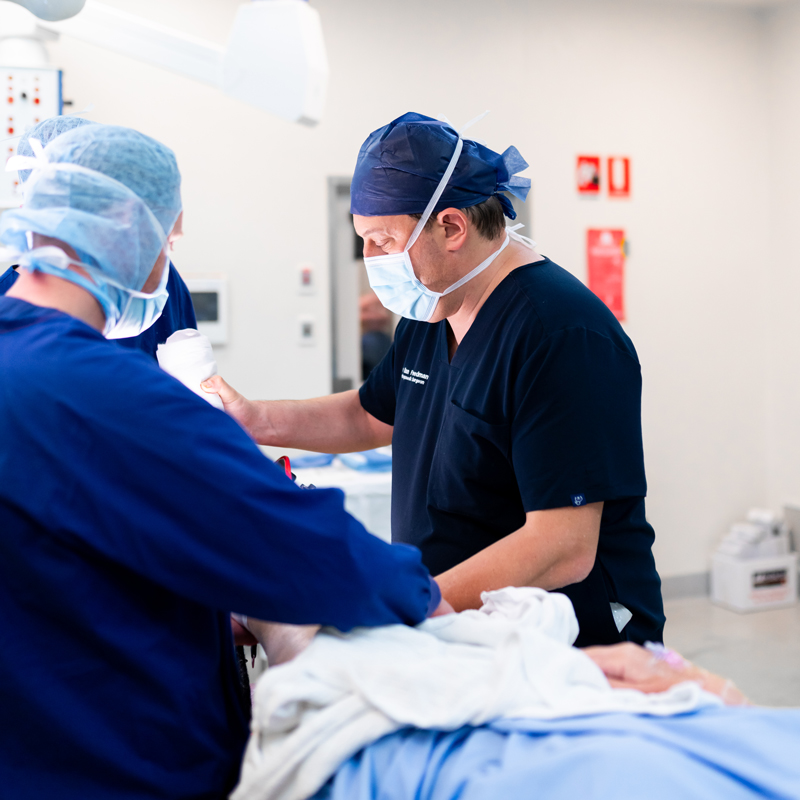
Local Infiltration Analgesia
This is a Multimodal Pain Management process that enables early independent mobilisation after major orthopaedic procedures (such as joint replacements) as early as 4 hours after surgery.
The first part involves injecting a mixture of local anaesthetic and other agents into the operative site at the time of surgery, in essence, to “numb” that part so that after surgery the patient is comfortable with less discomfort or pain. The details of this will be discussed in detail at consultation.
Post-operative
- Early physiotherapy to get up and walk.
- Regular and effective oral pain control.
- Promotion of a wellness model of care where catheters, drips and drains are removed as soon as possible and independence with washing, dressing and socialisation is promoted.
- Team approach to perioperative management, utilising medicine hospitalist to optimise medical care during early recovery.
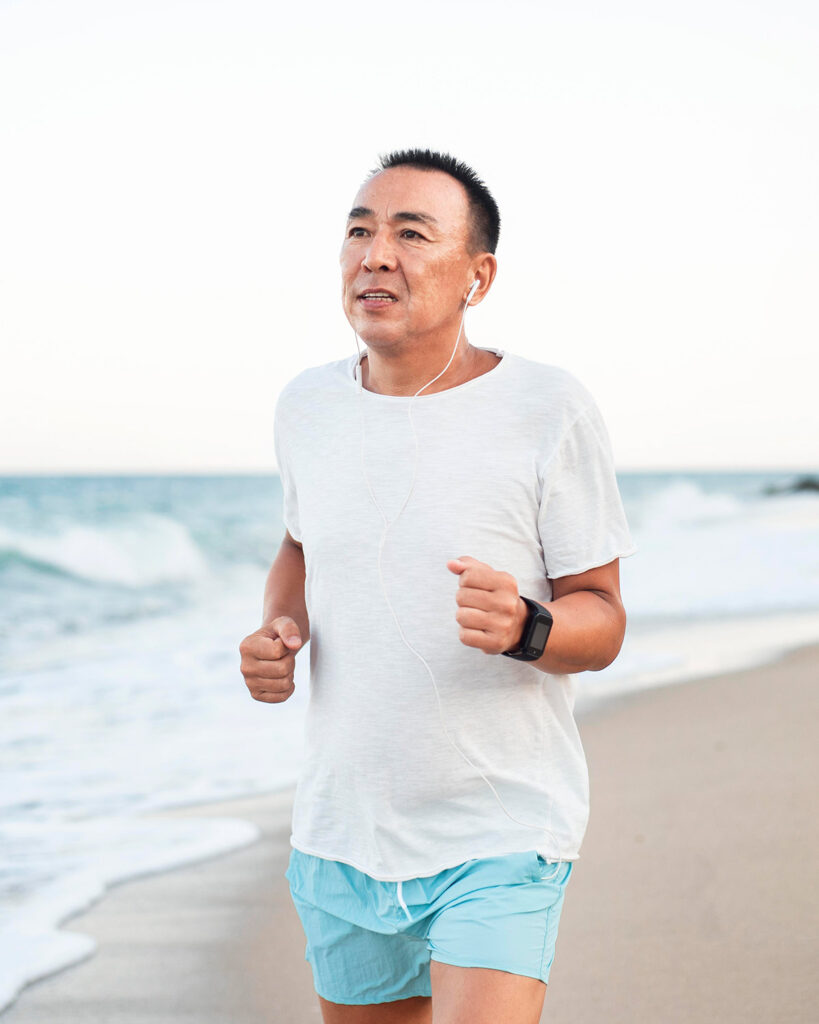
Discharge
Our goal is to discharge all patients directly home with home health services and minimise the use of rehab facilities.
The use of enhanced recovery pathways within elective orthopaedic surgery has increased in recent years and systematic reviews of the literature have shown that the introduction of such clinical pathways can significantly improve the quality of care and outcome for patients.
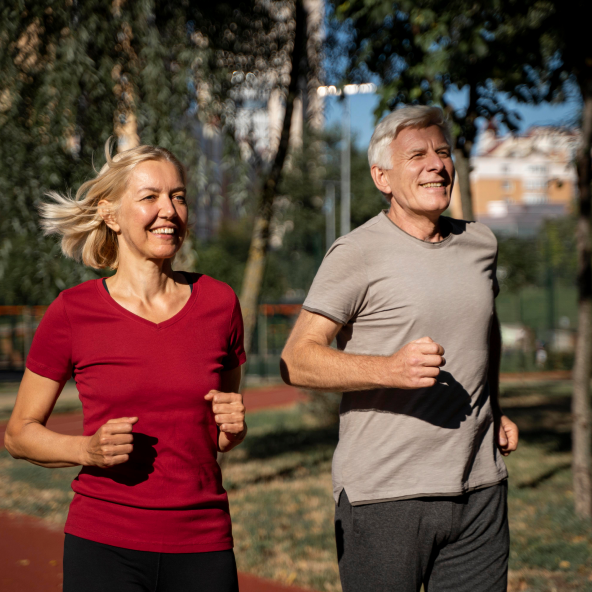
Our enhanced recovery program not only focuses on the technical aspects of surgery, it also emphasises your personal comfort and swift return to full function faster.
Alongside his dedicated team of anaesthetists, nurses, and physiotherapists, Mr Freedman ensures that every step of your journey is supported by our enhanced recovery protocols, helping to achieve an outcome that gets you back to your life faster and with fewer complications.
Frequently asked questions
Mr. Freedman’s Enhanced Recovery Program is designed to accelerate your rehabilitation post-surgery, minimizing downtime and reducing complication risks. Unlike traditional surgical approaches, our patients typically return home within 1-2 days, benefitting from a quicker and more comfortable recovery process.
Preoperative care includes thorough evaluations by a preoperative physician to identify any existing medical conditions. Patients receive education on what to expect before, during, and after surgery. Nutritional strategies are implemented to avoid dehydration and maintain energy levels, with patients encouraged to consume clear fluids and electrolyte-rich drinks up until a few hours before surgery.
Yes, specific exercises are an integral part of Mr Freedman’s Enhanced Recovery Program. Post-surgery, you will be guided through a tailored physiotherapy regimen designed to promote early mobilisation and strengthen the muscles around the surgical site. Continuous passive motion devices and other techniques will be employed to aid in your recovery, beginning just hours after surgery. Mr Freedman and his team of physiotherapists will provide you with a customised exercise plan to ensure a swift and effective rehabilitation process.
Postoperative care focuses on pain management with minimal use of opioids, preferring local anaesthesia techniques. Early mobilisation is encouraged through continuous passive motion devices and physiotherapy, which begin just hours after surgery. Techniques such as cryotherapy are also used to reduce pain and swelling.
Mr. Freedman, along with his dedicated team of anaesthetists, nurses, and physiotherapists, supports every step of your journey with enhanced recovery protocols. This comprehensive care approach ensures a comfortable recovery and helps you return to your normal activities faster and with fewer complications.
